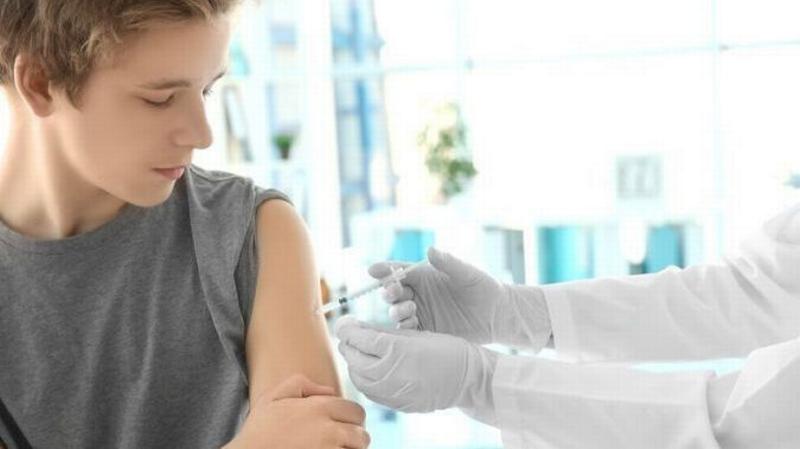This page has been automatically translated. Please refer to the page in French if needed.
Vaccination
Vaccine against human papillomavirus (HPV) infections now reimbursed
Publié le 16 mai 2025 - Mise à jour le 14 janvier 2026 - Public Service / Directorate of Legal and Administrative Information (Prime Minister)
Since December 12, 2025, the Gardasil 9 vaccine against human papillomavirus (HPV) infections has been reimbursed by Health Insurance for all young women and men aged 11 to 26 years. The High Authority of Health recalls that it is preferable for boys and girls to be vaccinated between 11 and 14 years and recommends a catch-up vaccination against the papillomavirus up to 26 years.

The High Health Authority published a recommendation on 13 May 2025 recommending catch-up vaccination vaccination against human papillomavirus (HPV) infections for women and men, up to the age of 26 years.
The goal is to increase immunization coverage and reduce inequalities related to gender and sexual orientation.
At the same time, the HAS reiterated that the priority remains the vaccination of the main target population, namely adolescents aged 11 to 14 years and over, girls and boys.
Supported up to 19 years ago, The Gardasil 9 vaccine is now reimbursed by the Health Insurance up to 65% up to 26 years old for adolescents and young adults who have not been vaccinated between 11 and 14 years of age.
The catch-up vaccination against HPV is carried out in 3 doses:
- the 2nd injection takes place 2 months after the 1st;
- the 3rd is done 6 months after the 1st.
The vaccine can be prescribed and performed by doctors, midwives, nurses and pharmacists.
Please note
The High Council of Public Health (HCSP) recommends that all new vaccinations are initiated with Gardasil 9 vaccine for previously unvaccinated individuals.
FYI
Since February 2017, Gardasil 9 is the vaccine that must be used for any new HPV vaccination. Vaccines are not interchangeable and any vaccination started with another vaccine should be continued with the same one.
Vaccination schedule according to the situation
- Vaccination initiated between 11 and 14 years of age: two doses spaced 5 to 13 months apart.
- Catch-up vaccination between 15 and 26 years of age: three doses administered in a 0, 2 and 6 month schedule.
FYI
Since September 2023, vaccination has also been offered free of charge to middle school students in class of 5e.
Please note
The HAS reminds that protection is “optimal” when the vaccine is administered early and that it should not wait until adulthood to achieve it. It states that “three quarters of young adults up to 26 years of age have not yet been exposed to HPM infections but are at high risk of acquiring and transmitting them.”
Additional topics
Service-Public.fr
Service-Public.fr
National Health Insurance Fund (Cnam)
High Authority of Health
National Cancer Institute
National Health Insurance Fund (Cnam)
National Health Insurance Fund (Cnam)
Agenda
Du 7 janv. au 3 févr. 2026
Consommation
Publié le 12 décembre 2025
À partir du 1 janv. 2026
Transports franciliens
Publié le 11 décembre 2025
Du 15 janv. au 21 févr. 2026
Démographie
Publié le 04 novembre 2025


